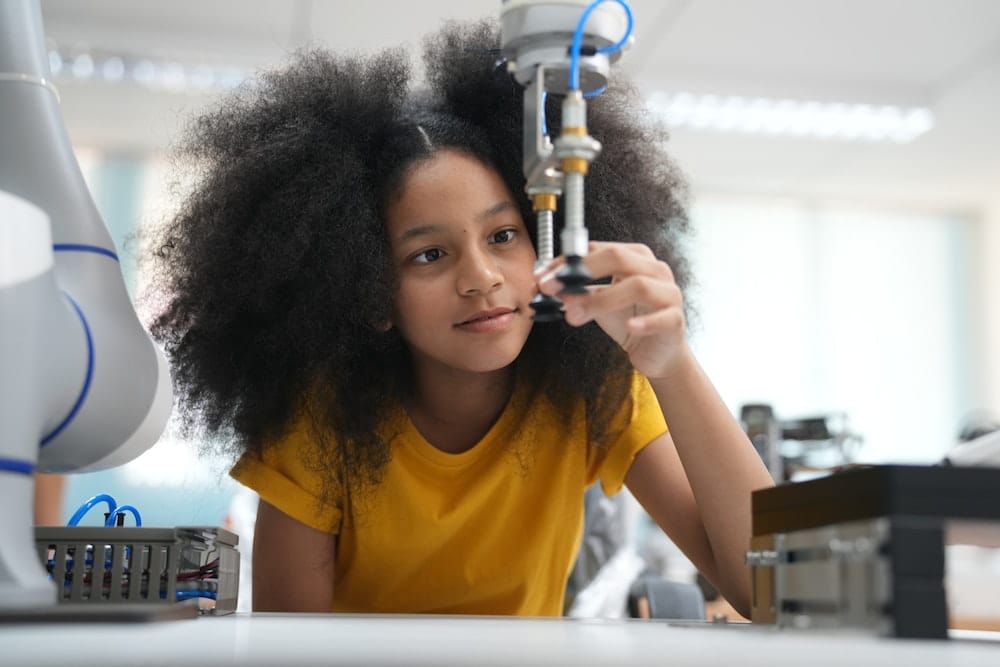What Are the Creative Approaches to Reducing Single-Use Plastics in UK Cafes?

The growing concern over plastic pollution, particularly single-use plastics, has forced businesses worldwide to rethink their approach to packaging and serving products. It’s no secret that cafes, known for their takeaway cups, food containers, and plastic cutlery, are significant contributors to this problem. In the United Kingdom, an increasing number of cafes are harnessing innovative strategies to combat this issue. This article will explore the various creative approaches adopted by these establishments to reduce single-use plastics and contribute to a more sustainable future.
Redefining Serve-ware: Reusable and Compostable Alternatives
In a bid to reduce the dependence on single-use plastics, UK cafes have begun exploring reusable and compostable alternatives. For instance, many have replaced plastic cups with reusable mugs for dine-in customers and compostable cups for takeaway orders. Besides, there’s a growing trend of customers being encouraged to bring their own coffee cups, a practice that not only reduces waste but also fosters a culture of sustainability.
A découvrir également : Where can you create content to make money ?
Additionally, replacing plastic cutlery with wooden or bamboo options has become more common. Not only are these materials biodegradable, but they also add an attractive rustic touch to the dining experience. Even when it comes to food packaging, there’s a distinct shift towards using cardboard, paper, or other plant-based materials that can be composted after use.
Encouraging Plastic-Free Shopping with Bulk-Bins and Refill Stations
Another strategy that some cafes in the UK have adopted is the introduction of bulk-bins and refill stations. This allows customers to buy coffee beans, tea leaves, or even certain food items in quantities they need, using their own containers. By doing so, the need for individual packaging for each product is eliminated, thereby significantly reducing plastic waste.
A voir aussi : How Can Heritage Brands Reinvent Themselves for the Modern UK Consumer?
Furthermore, some cafes have gone a step further to become ‘zero-waste’ establishments. They procure their supplies in bulk, sans plastic packaging, and encourage customers to follow suit. This fosters a collective effort towards sustainability and significantly reduces the volume of plastic that would otherwise end up in landfills.
Switching to Plastic-Free Water Serving Solutions
Water is a staple in cafes, often served in plastic bottles or through plastic dispensers. However, in the recent past, several cafes in the UK have been shifting away from these practices. Instead of plastic bottles, establishments are opting for glass bottles that can be refilled and reused indefinitely.
Moreover, some cafes have installed tap water dispensers, encouraging customers to fill their own water bottles. Such initiatives not only reduce the use of single-use plastics but also promote a culture of reusability among patrons.
Offering Discounts for Customers with Reusable Containers
To incentivize the reduction of single-use plastics, many cafes in the UK have started offering discounts to customers who bring their own cups or containers. This not only cuts down on plastic waste but also saves the establishment on the cost of disposable serve-ware.
In some cases, cafes have introduced schemes where customers can ‘rent’ a reusable cup for a small deposit. Once they’re done with their coffee, they can return the cup and get their deposit back. These initiatives have been well-received by patrons and have proven to be an effective way of reducing plastic waste.
Implementing Strict Waste Management Practices
Waste management is a crucial aspect of reducing single-use plastics. Cafes in the UK are implementing strict waste segregation rules, where recyclable materials are separated from non-recyclable ones. Some cafes have also partnered with recycling companies to ensure that their plastic waste is properly processed.
In addition to recycling, cafes are exploring ways to upcycle their waste. For instance, used coffee grounds are being collected and repurposed into compost or skincare products. Such practices not only reduce waste but also create additional revenue streams for the establishments.
Through these innovative strategies, UK cafes are demonstrating that reducing single-use plastics is not only beneficial for the environment but is also good for business. It fosters customer goodwill, improves brand image, and can lead to cost savings in the long run. While the road to a plastic-free future may be long and challenging, these creative approaches offer a significant step in the right direction.
Initiating ‘Zero Plastic’ Campaigns and Collaborations
In tandem with their efforts to minimise single-use plastics, many UK cafes are taking the initiative to launch creative and engaging campaigns promoting a plastic-free lifestyle. Using social media platforms, these campaigns aim to educate customers about the environmental impact of single-use plastics, including plastic straws, plastic bags, and disposable cups. By sharing eye-opening statistics and eco-conscious alternatives, these establishments are attempting to shift consumer behaviour towards more sustainable choices.
Collaborating with local environmental organisations and other businesses is another effective approach. By joining forces, cafes can expand their reach and influence, creating a larger impact. For instance, the collaboration might involve jointly hosting events to promote awareness about plastic pollution, or offering discounts on products that reduce plastic waste, such as reusable coffee cups or water bottles.
This collective effort can also extend to lobbying local authorities to implement stricter regulations on single-use plastics. Such measures not only help to build a supportive community around the cause but also make it easier for cafes to maintain their commitment to reducing plastic use in the long term.
Incorporating Plastic-Free Alternatives in Supply Chains
A comprehensive approach to reducing single-use plastics involves not just front-end changes (like switching to compostable serve-ware or offering discounts for reusable containers), but also changes in the supply chain. Cafes in the UK are increasingly seeking partnerships with suppliers who share their commitment to sustainability.
This means opting for suppliers who use plastic-free packaging for their products, from coffee beans to milk cartons. Even small changes, such as replacing plastic cling film with beeswax wraps or swapping plastic takeaway containers for aluminium ones, can make a significant difference in the life cycle of plastic items.
However, this shift isn’t just about reducing plastic waste. It’s also about supporting businesses that take responsibility for their environmental impact. By choosing these suppliers, cafes are sending a strong message about their values and inspiring others in the industry to follow suit.
Conclusion
The plastic pollution crisis has prompted UK cafes to rethink their operations and explore creative ways to reduce their dependency on single-use plastics. From replacing traditional serve-ware with eco-friendly alternatives, initiating ‘zero plastic’ campaigns, to incorporating plastic-free practices in their supply chains, these establishments are making significant strides towards sustainability.
While the efforts of a single cafe might seem insignificant in the grand scheme of things, the collective effort of the industry can create a ripple effect, inspiring other businesses and individuals to make similar changes. By taking these steps, cafes are not only creating a more sustainable future but also proving that being eco-conscious can be good for business.
As consumers, we too have a role to play. By supporting these establishments and making conscious choices in our everyday lives, we can contribute to the reduction of single-use plastics and help mitigate their detrimental impact on our environment. The road to a plastic-free future might be challenging, but with concerted effort and innovative solutions, it is undoubtedly attainable.
